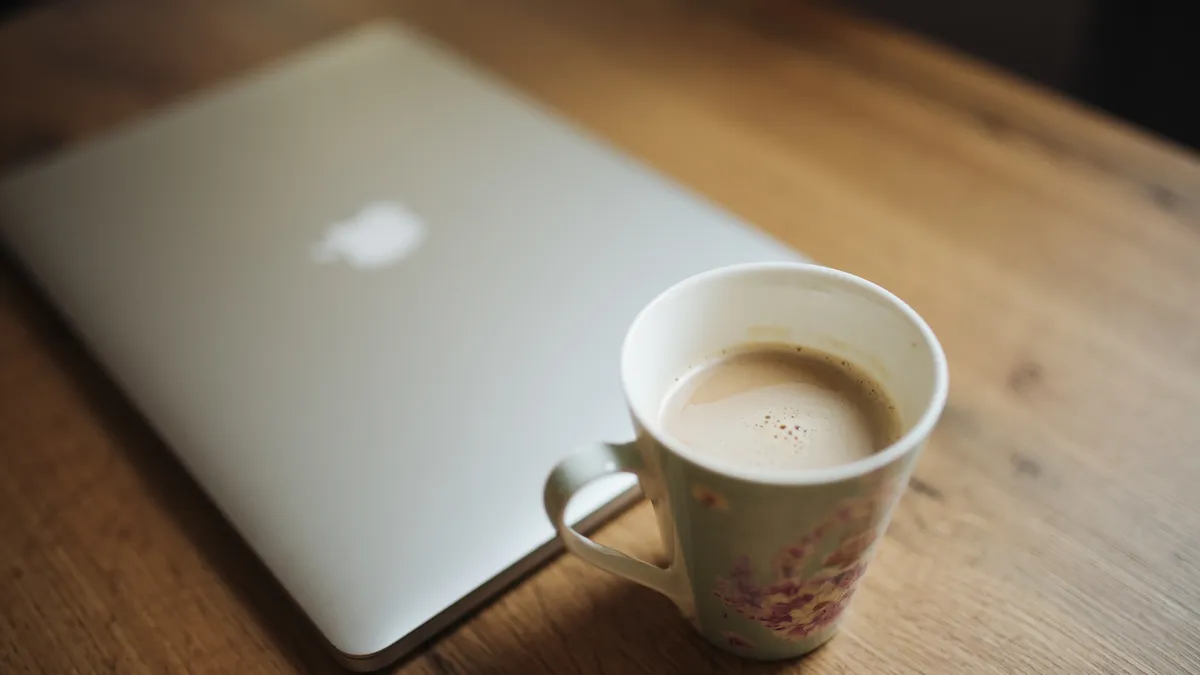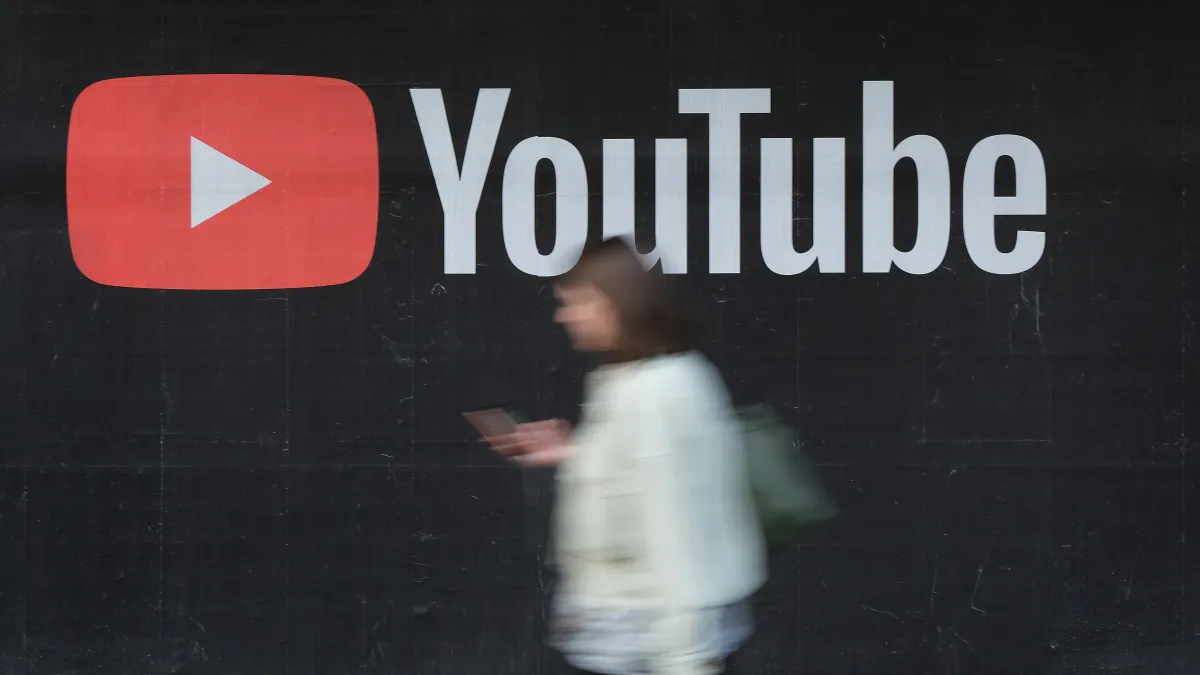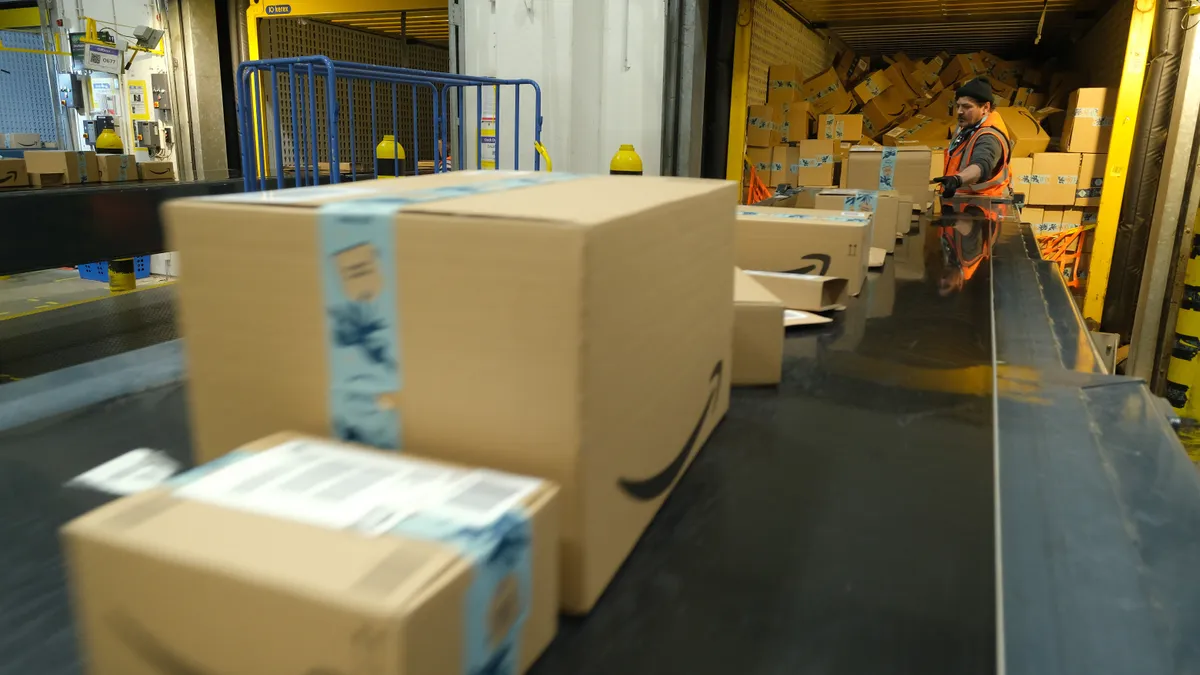As WFH lovers, in-office champions and hybrid work advocates all lobby for their ideal work arrangements, HR pros should keep in mind that mental health is at the core of many employees' desires. For some, remote work can be a safe haven against microaggressions or other external discomfort. And for others, the home office is a prison tower of loneliness.
In a survey by OnePoll and email service Front, 63% of respondents said the cons of working remotely outweigh the pros. As reported by the Miami Herald in June 2021, one third of poll respondents said they considered quitting because of remote work. Within that group, a lack of team connection (14%) and poor handling of the transition to remote work (14%) kindled their urge to quit.
Remote work loneliness has been a longstanding issue. Psychologists have been studying the effects of WFH since the 80s and 70s. In a 2003 study by University of Manchester's Lynn Holdsworth, 67% of remote respondents said they felt lonely, compared to 0% of in-office workers. Similarly, 100% of teleworkers reported feeling irritable compared to 83% of in-office workers; 67% of teleworkers said they felt worried compared to 17% of in-office employees.
Obviously providing adequate insurance that helps cover therapy and psychiatry costs is important. But according to workplace wellness professionals, employers can be doing even more to nurture company-wide mental health.
Jessie Wisdom, co-founder of digital learning system Humu, also emphasized the importance of centering mental health at work. Wisdom feels that Humu, which invites employees to brush up on soft skills through "nudges," has helped her clients' workforce through feelings of despair. "Especially when we're now all kind of isolated, you don't have that serendipity of random conversations," Wisdom told HR Dive.
Wisdom, who leads Humu's people science team, points to feedback she's received about Humu's nudges creating "feelings of belongingness" in the pandemic. The employee told Wisdom they'd participated in a team event and remembered a nudge they'd received to the effect of, "If you're in a team situation and you notice some people aren't able to get their input in or able to speak up, pause for a minute and ask if anybody in the group has anything to say that they haven't been able to say before."
This had left a lasting impression on the employee, especially since a co-worker who hadn't spoken up before ended up contributing a competition-winning idea. Beyond nudges, Wisdom highlighted the importance of an experimental mindset. In many ways, the collective novelty of experiencing the pandemic for the first time is an "advantage," she explained.
Jada Jackson Hill, VP of Care Management at peer-to-peer support platform Listeners On Call, spoke to HR Dive about how mental health challenges (depression, anxiety, adjustment disorders and the like) are "bleeding over into the workspace." Listeners on Call, she said, was designed specifically to give people a place to vent — particularly about work concerns. "We provide a space for people to feel heard and to feel connected, and to be able to thrive," she told HR Dive.
From her perspective, HR professionals can adopt that same ethos. Understand "that basic fundamental human need of connectivity. This looks like asking straightforward questions such as "How are you doing today? How's your family doing? How can I show up for you in this moment?" Jackson Hill said. "Do you have time to talk? I just want to catch up with you and see how things are going."
During the pandemic, Tara Ataya, the chief people officer at Hootsuite, tripled her employees' benefits package. She also secured employee subscriptions to Headspace, a meditation platform and app. "It's important that organizations realize: Mental health is a muscle that people have to build. For that, you need to create a safe space for employees to talk openly about their mental health," Ataya told HR Dive.
Looking ahead to the stressful era that will be Q4 2021, Ataya's advice for HR pros is lean in and listen. "Teams and leaders must lean into those conversations in order to destigmatize mental health, make employees feel safe and encourage them to bring their true selves to work, and lead with empathy," she said. "A workplace must provide the space, time, and resources employees need to take on the complexities of life, via effective leadership and mentorship, time off, and flexible benefits."
As employers consider additional ways to show up for their employees, they should keep in mind the long-term benefits of comprehensive mental health care. If the main concern is connectivity, workforce morale and, ultimately, productivity, why not put employees in the best possible position to thrive at work and at home?

























